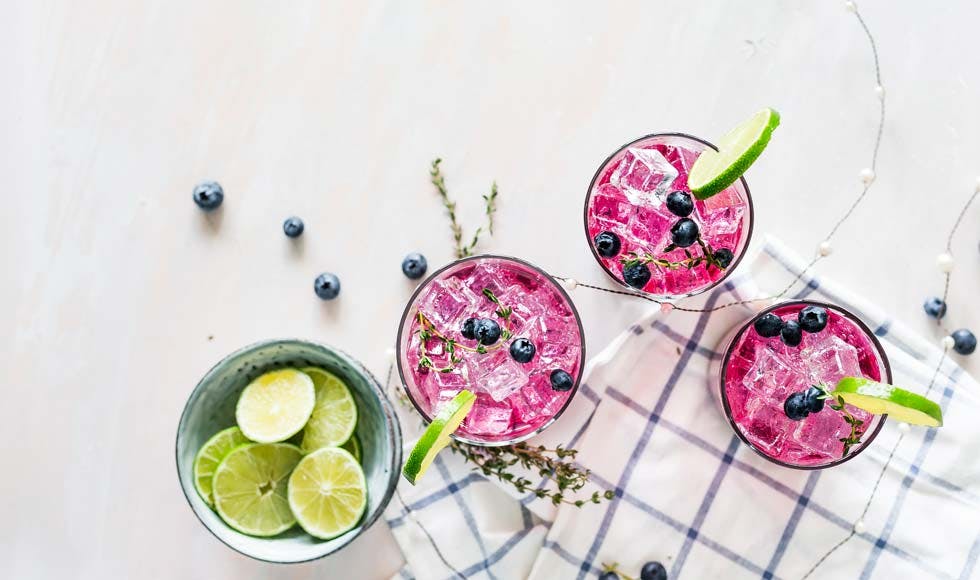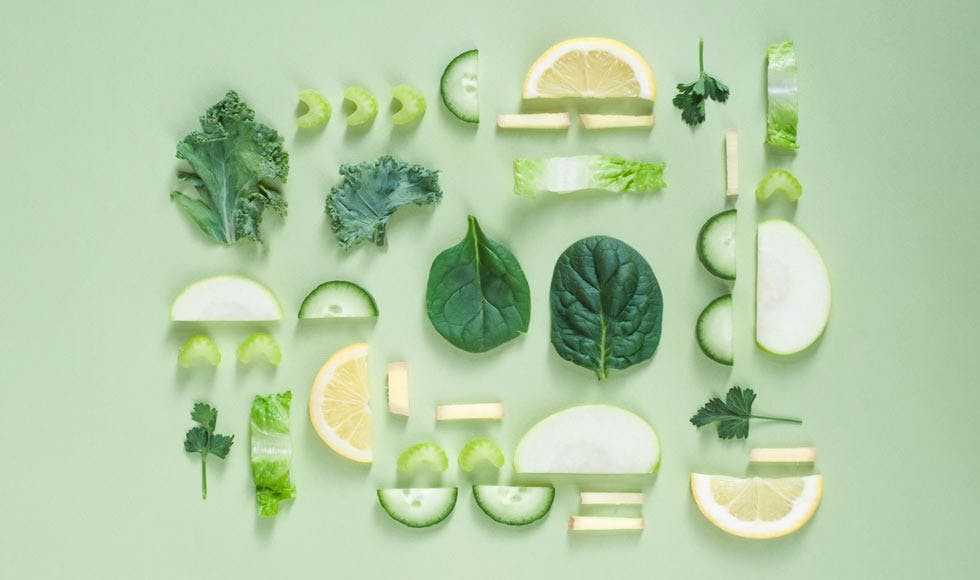
- Health hub/
- Tips & Advice on Improving your Digestive Health/
- 5 signs of digestive distress


For poorly functioning digestion that just needs a little TLC, you don't need to fret! There is something you can do right now to head back to digestive vitality.
Are you experiencing any of these signs of digestive distress?
#1 Constipation
Problem – Food is going into your digestive system regularly, but the unwanted waste is slow to exit.
Irregular bowel movements can be a sign of sluggish digestive function. A healthy regularity does vary between individuals, but in general, between twice per day and once every two days is considered normal. Anything more frequent or lengthy on a regular basis may mean your digestion isn't happy.
Diet, stress, hydration and changes in environmental factors all have an influence on bowel regularity.
Solution – Make sure that you are doing the following:
- Drink plenty of filtered water – a minimum of 1.5 litres per day. Drink more during summer or while exercising.
- Eat lots of fibre and an abundance of fresh fruits and vegetables. They also have a high fluid content. Legumes and wholegrains are an excellent source of fibre as well. You may also wish to consider adding slippery elm or psyllium husks into your diet. Make sure you drink lots of water to prevent these from having the opposite effect.
- Exercise regularly – exercise helps to stimulate circulation and encourage bowel movement. Walking and yoga are great for this.
#2 Diarrhoea
Problem – stool consistency is poor, watery and not well formed. Some undigested food may be visible. You may need to run, rather than walk to the toilet.
Diarrhoea can be associated with an infection or virus, but mild diarrhoea may also be a symptom of poor digestive function.
In a healthy digestive tract, excess water in the bowel is reabsorbed back into the body, and the remaining waste is compacted into a solid mass. Diarrhoea can indicate that stool transit time is faster than usual.
Solution – Do your detective work:
- Keep a diet diary to see if there are any particular foods triggering the problem. Write down when and what you have eaten and had to drink. Also include times and consistency of bowel movements. Noting daily stress levels can give you a clue as to whether stress is contributing.
- Take a probiotic and soluble fibre supplement – good gut bacteria such as Lactobacillus reuteri can defend against and reduce the frequency of diarrhoea. Slippery elm powder and psyllium husks are high in soluble fibre, which can help to absorb fluid in the bowel and improve stool solidity.
#3 Bloating/wind
Problem – you look and feel like you have a basketball in your abdomen, and you are frequently afraid of embarrassing yourself by releasing gas.
Bloating and wind can indicate that your digestive tract hasn't broken down your food efficiently. Undigested food particles can make tasty food for gut bacteria, and a side effect of that is gas production. This can be a healthy process, but when it gets excessive, it's a sign that something is not quite right.
Solution – Improving upper digestive health helps. Try bitter herbs such as gentian, dandelion and agrimony. Also consider a probiotic supplement for your bowel to help provide the beneficial bacteria. Carminative herbs such as fennel, chamomile and peppermint help to relax the smooth muscle and help to expel and ease gas.
#4 Burning/pain
Problem – it feels like your digestive insides are burning, and it is not as a result of a hearty digestive function. Somewhere, something is inflamed.
Inflammation occurs when something is irritating the surfaces of the digestive tract. Some foods and drinks can contribute to this.
Solution – Avoid triggers and soothe with plain foods and herbs:
- Avoid coffee, alcohol and other known irritants such as gluten, spicy foods and highly processed foods.
- Eat plain foods that are easy to digest such as steamed rice and steamed vegetables.
- Try herbs that soothe digestive inflammation such as marshmallow and liquorice.
#5 Nausea
Problem – you've done it again. You know you shouldn't have had that dessert or glass of wine, because, now you feel nauseous.
Nausea can indicate that your liver is feeling a bit bogged down and is struggling with its workload. Intolerance to fatty foods and alcohol in particular can point to this.
Solution – Do a detox. It might be time that you lay off your liver for a while and give it a break. Afterwards, you may find that the nausea has gone completely. In the meantime, ginger is great for keeping that 'bilious' feeling at bay.
References available on request




